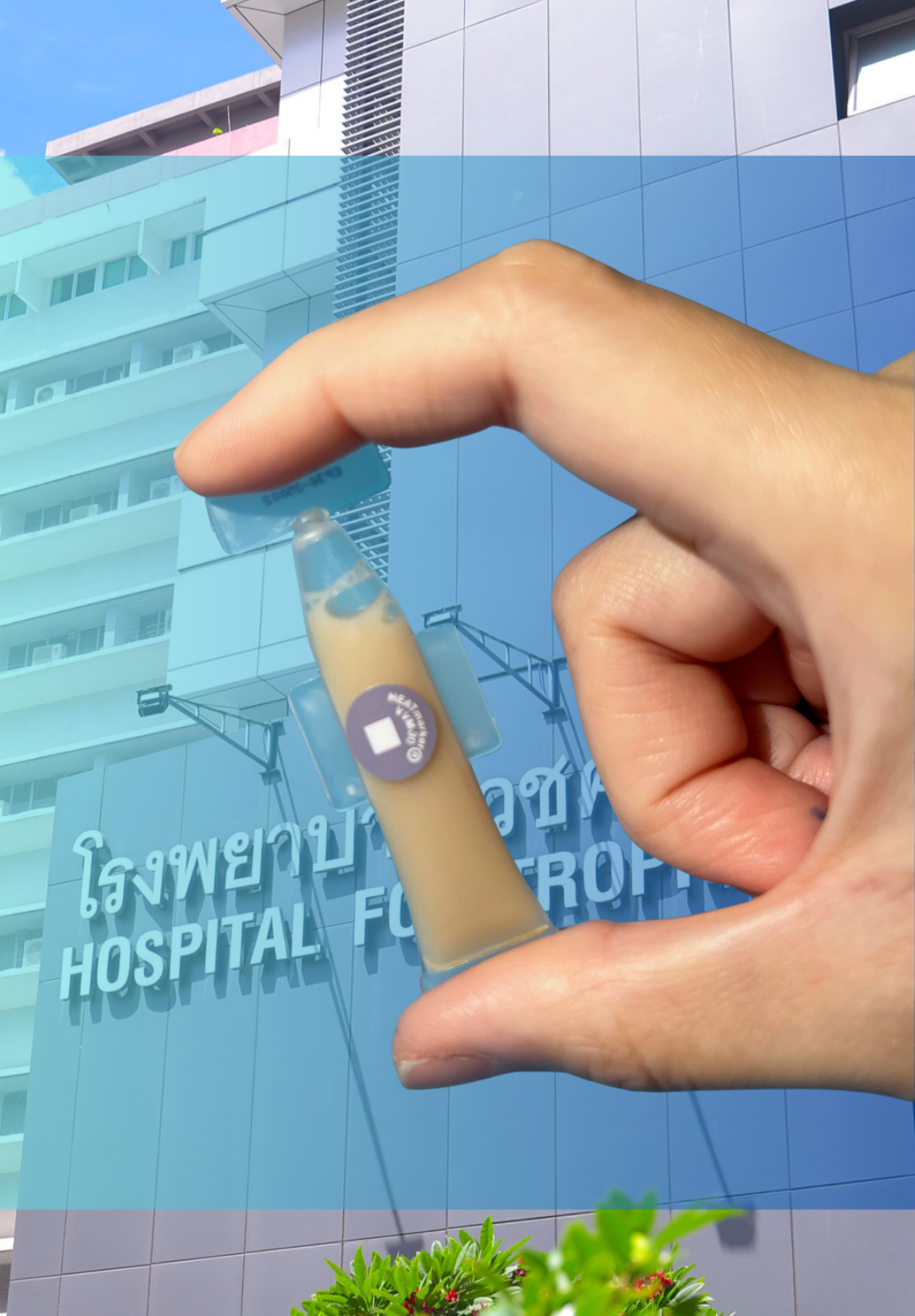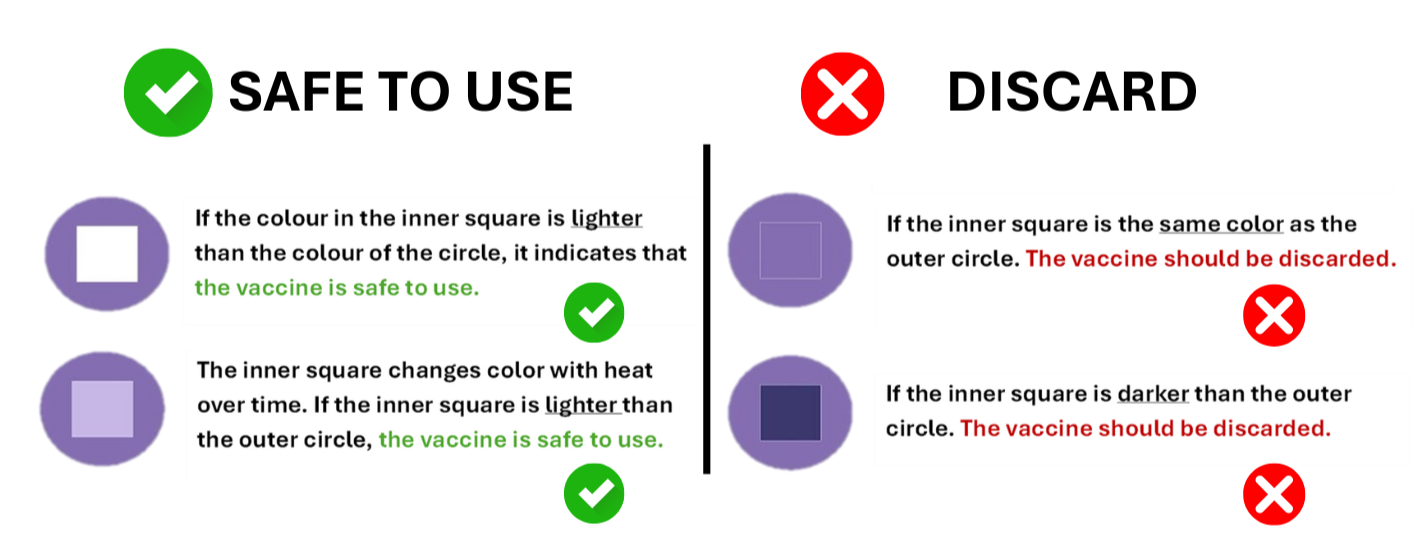📣Malarone is out of stock, sorry for an inconvenience.
What you should know about Euvichol-Plus ®
(Oral Cholerae vaccine)

1. How should this vaccine be stored?
- Once the vaccine is brought home, it should be placed in the refrigerator immediately.
- At the same time, ensure the vaccine does not come into direct contact with ice, as this may lower the temperature.
- If travel is required and the vaccine must be carried along, it may be stored in a thermos flask or insulated cooler bag with ice or ice packs to maintain the proper temperature.
- The recommended storage temperature is 2–8°C. Do not freeze the vaccine.
- Avoid opening the refrigerator too often, as this can cause the temperature to rise.
- At the same time, ensure the vaccine does not come into direct contact with ice, as this may lower the temperature.
2. When should the second dose be taken?
- The second dose should be taken on the date scheduled by your doctor, with an interval of at least two weeks after the first dose.
- The vaccine will give protection about 7–10 days after the second dose.
- If you are feeling unwell, having a fever, or experience gastrointestinal symptoms, the second dose may be postponed.
3. Precautions before taking the vaccine
- This vaccine is intended for oral use only.
- Do not take this vaccine if you have a history of allergy to the vaccine or any of its components.
- Vaccine should not be used in pregnant or breastfeeding women.
4.Checking the vaccine before use
- Always check the expiry date and the condition of the vaccine.
- Inspect the color indicator (VVM) on the vial to ensure that the vaccine is still usable (as shown below).

5. How vaccine administered
- This vaccine comes as a liquid suspension. Shake the vial well before use.
- Squirt 1.5 mL of the vaccine into the mouth.
- You may drink a small sip of water afterwards if needed

6.Possible side effects of the vaccine
- Severe allergic reactions
- Hives, swelling of the face, eyelids, or lips
- Dizziness, fainting, chest tightness, difficulty breathing
- Red rash, blisters, peeling skin, unusual bruising, or abnormal bleeding
- If you experience any of these symptoms, contact a doctor, nurse, or pharmacist immediately.
- Mild allergic reactions
- Headache, fever, diarrhea, nausea or vomiting, muscle aches, or digestive discomfort
- These symptoms often improve on their own. If they become severe, please seek medical advice






